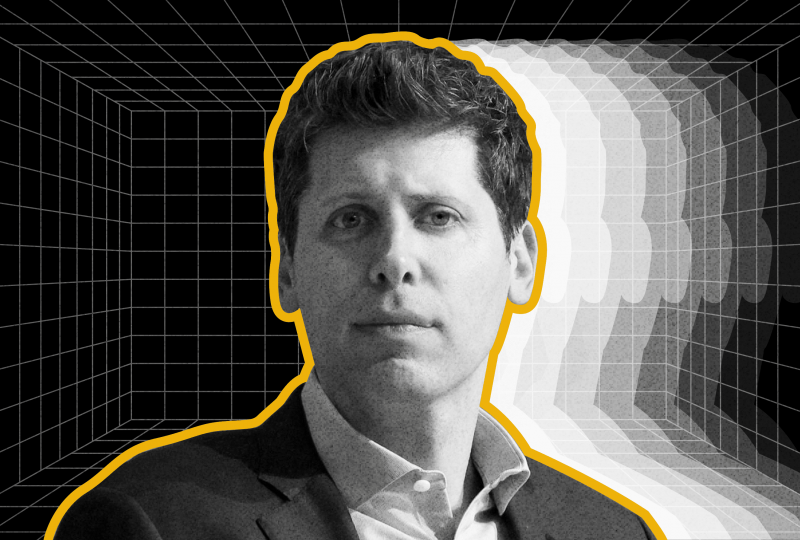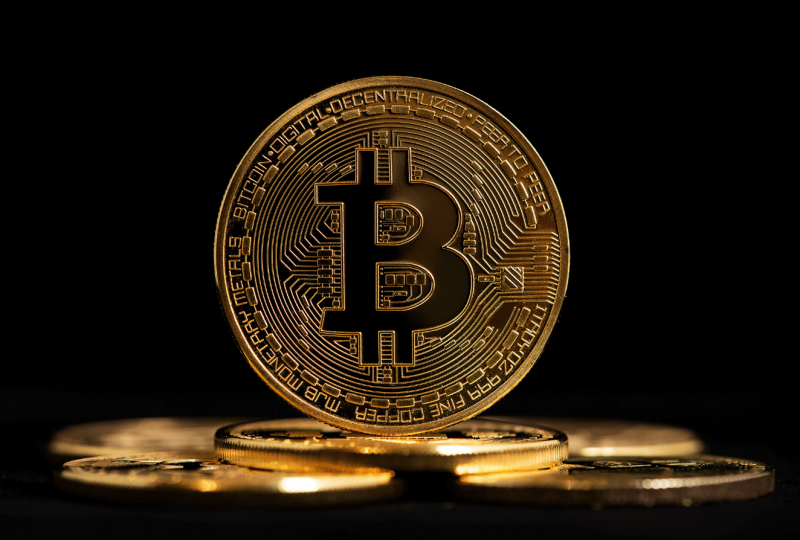OpenAI Chip Venture: A $7 Trillion Gamble on the Future of AI
Mar 15, 2024

Everything we hear these days is how AI can affect the days to come. So, here’s the news: OpenAI CEO Sam Altman has launched an initiative with a $7 trillion investment goal to transform the AI chips completely.
This idea aims to advance open-air chip manufacturing capabilities by establishing and improving open-air chip facilities. Sam Altman actively pursues funding from a variety of sources, including pledges from the United Arab Emirates.
With the intention of innovating within the industry, the project highlights a key step towards addressing the cost of AI chips. One of the parties watching Altman’s project is the CEO of Nvidia, a business heavily involved in the AI chip industry today.
Altman’s $7 Trillion Vision
Sam Altman suggests investing $7 trillion in the market for AI chips. This amount is more than the adjusted cost of what the US spent on World War II and comes close to accounting for one-third of the US GDP. The idea is to increase OpenAi’s capacity for chip manufacture.
Potential acquisitions of significant chip makers are part of the plan, which suggests a strategic change towards OpenAI being a key player in the world semiconductor industry. The creation of multiple semiconductor fabrication units (fabs), which are necessary for OpenAI chip manufacturing, would be funded by the investment. These fabrication facilities are expensive; it will take several years and about $20 billion for each to start up.
Challenges and Controversies Surrounding the Venture
Constructing semiconductor fabs is difficult, with large upfront expenditures and lengthy construction and startup schedules. Furthermore, the United States lacks the skilled labour needed to run these cutting-edge manufacturing plants.
Environmental issues come into play as well. Water and Electricity usage are two issues related to semiconductor fabrication. These effects on the environment make one wonder about the ecological footprint and sustainability of increasing chip manufacturing capacity.
The project has also come under political and financial criticism. Internal and external discussions concerning the company’s direction and management were highlighted by Altman’s temporary dismissal from his position as CEO and his later reinstatement.
In addition, the viability and reasoning for the projected $7 trillion investment in the AI chip cost, as well as the wider implications for the global chip industry, such as the creation of open-air chip factories, have drawn scepticism from industry leaders.
The Consequences for Society and Technology
Sam Altman and his supporters embrace a technocratic strategy and see AI as a major answer to many global problems. Their project intends to help progress AI technology and solve the global chip shortages. However, there are practical and ethical issues related to this significant dependence on AI.
It demands that technological progress and the demands of social responsibility and environmental sustainability be carefully balanced. These are crucial things to think about as society decides on the possible effects of increasing AI capabilities.
Final Thoughts
Technology companies, governments, and the general public have all responded in different ways to Sam Altman’s plan. This effort emphasises how important it is to strike a balance between AI advancement and the wider societal effects that it might have.It’s critical to highlight cautious progress in the field of AI. In the future, all parties involved in the venture must work together more closely and transparently to successfully negotiate the challenges and take advantage of the opportunities presented by Sam Altman’s chip business.




